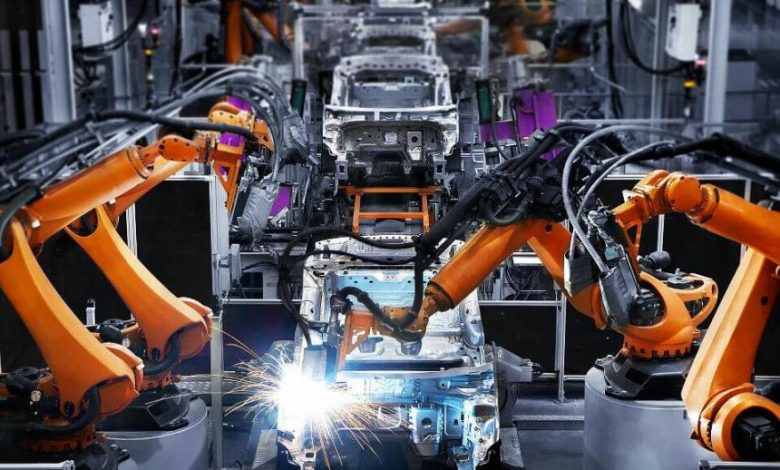The Future of Automotive Technology: Trends to Watch Out For

The Future of Automotive Technology: Trends to Watch Out For
Trend 1: Autonomous Vehicles
With the advancement of technology, autonomous vehicles have become one of the most talked-about trends in the automotive industry. These vehicles use sensors, artificial intelligence, and machine learning algorithms to navigate and drive without human intervention. Autonomous vehicles have the potential to revolutionize the way we travel, with enhanced safety, reduced traffic congestion, and increased productivity during commutes.
Trend 2: Electric Vehicles
Another significant trend in automotive technology is the increasing popularity of electric vehicles (EVs). As the world shifts towards more sustainable and eco-friendly solutions, EVs are capturing the attention of both consumers and automakers. With advancements in battery technology, EVs now offer longer driving ranges and faster charging times, making them a viable alternative to traditional combustion engine vehicles.
Trend 3: Connected Cars
In the era of smart technology, connectivity is a key factor in automotive advancements. Connected cars leverage internet connectivity and data to provide a wide range of features and services. From real-time traffic updates and remote vehicle diagnostics to in-car entertainment and personalized driving experiences, connected cars bring convenience, entertainment, and safety to a whole new level.
FAQs:
Q: Are autonomous vehicles safe?
Yes, autonomous vehicles are designed with safety as a top priority. They use a combination of sensors, cameras, radars, and lidar technology to detect and respond to their surroundings. The advanced algorithms in place ensure that autonomous vehicles follow traffic rules and avoid potential dangers on the road.
Q: How long does it take to charge an electric vehicle?
The charging time of an electric vehicle depends on several factors, including the battery capacity and the charging equipment used. A standard home charging outlet can take anywhere from 8 to 12 hours to fully charge an EV. However, with DC fast charging stations, you can charge an EV up to 80% in around 30 minutes.
Q: What are the key benefits of connected cars?
Connected cars offer numerous benefits, including:
1. Enhanced safety features such as collision avoidance systems and driver assistance technology.
2. Improved navigation and real-time traffic updates for better route planning.
3. Remote vehicle diagnostics and maintenance alerts, reducing the chances of breakdowns.
4. Entertainment options like streaming music, podcasts, and video content.
5. Personalized driving experiences with customized settings and preferences.
In conclusion, the future of automotive technology is filled with exciting possibilities. From autonomous vehicles to electric cars and connected cars, these trends are set to reshape the automotive industry. Embracing these advancements will not only enhance our driving experiences but also contribute to a cleaner and safer environment.



